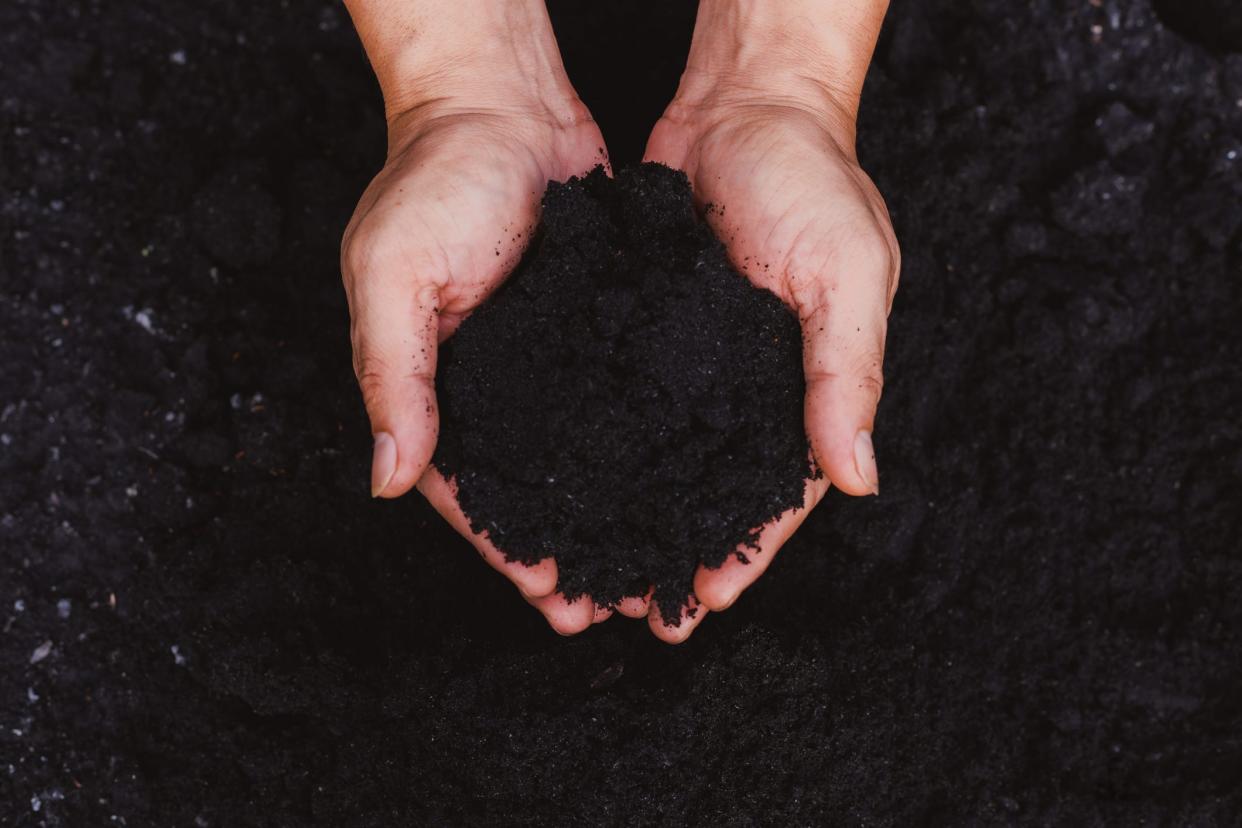Republicans in Idaho introduced an anti-cannibalism law to address fears around human composting

Republican lawmakers in Idaho are looking to expand the definition of cannibalism.
State Rep. Heather Scott said she was inspired after learning about human composting.
Scott said she was also inspired by a fake video of a man feeding people human meat.
Republican lawmakers in Idaho introduced an anti-cannibalism law to address fears that human composting could lead to accidental cannibalism.
State Rep. Heather Scott of Blanchard, Idaho, introduced the bill on Thursday. It would expand the state's already existing cannibalism laws.
Cannibalism is the practice of eating another person's body with or without consent. There are no federal laws that specifically outlaw cannibalism, but most states have laws that indirectly make cannibalism impossible, such as laws against the desecration of a corpse, according to a report by Cornell University.
Idaho is the only state that specifically outlaws cannibalism, according to Encyclopedia Brittanica. Cannibalism is punishable by up to 14 years in prison in the state unless it's done in "extreme life-threatening conditions as the only apparent means of survival."
Scott's bill, simply titled "Cannibalism," looks to broaden the definition to include people who "willfully provide the flesh and blood" of a person to another person for consumption under the law.
Scott said on Thursday when she introduced the bill that she was inspired by the use of human composting in nearby states, which she said "disturbed" her, according to the Idaho Statesman.
Scott also said that she watched a clip online of a chef serving unsuspecting guests human flesh, which outraged her. News outlets later confirmed that the clip Scott referred to was from a prank show by comedian David Spade from nearly 10 years ago, Boise NBC affiliate KTVB reported.
Human compositing is legal in seven states, including Washington, Vermont, Colorado, Oregon, California, New York, and Nevada.
Soil gathered from composted human remains can be used in yards, flower gardens, trees, house plants, and other natural environments, according to Recompose, a human composting nonprofit.
In Washington State, laws for scattering human compost soil are the same as those for cremated remains, meaning you must have the landowner's permission to scatter the soil, according to the company.
Read the original article on Business Insider


